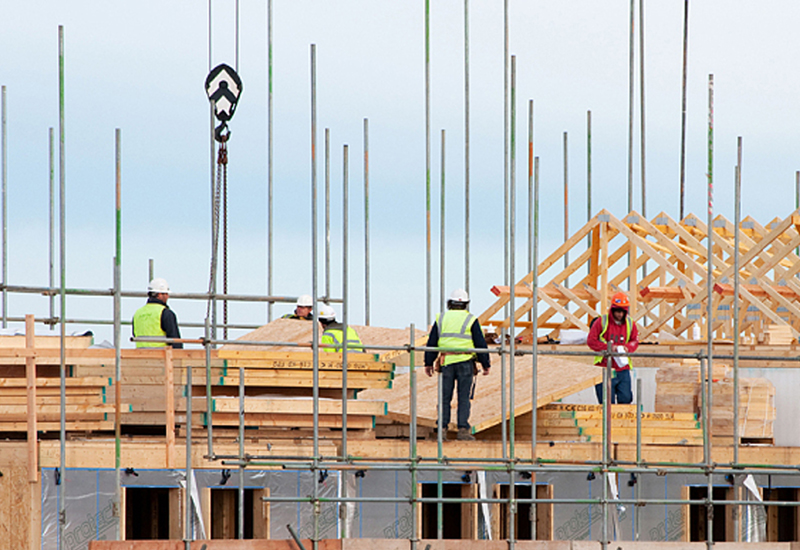
Will the Housing and Planning Bill really achieve its stated aim of increasing the amount of house building in England? Until we know whether MPs accept amendments proposed by the House of Lords; the answer is probably not. Chris Coxon, head of Marketing at Eurocell, elaborates.
The Government hopes that its Housing and Planning Bill, published in October last year, will boost housebuilding, with a goal of 1 million homes to be built by 2020. And there’s another aim too: in the words of a Government press release, the Bill “marks the start of a national crusade to transform generation rent into generation buy”.
Opponents of the Bill, which includes some architects and social landlords, see it as a potential death knoll for community housing. There’s doubt over whether ‘generation rent’ will genuinely benefit, and a feeling that the main benefactors will be developers and investors.
At the time of writing, the Bill is subject to – as it’s formally called – the ‘Ping Pong’ process; which is the to and fro consideration of amendments between the House of Lords and House of Commons. Amendments already proposed during earlier sessions in the Lords were posited in the hope that MPs will take heed of the other house’s suggestions in order to create a better Bill. We won’t quite know for just a little while yet.
Perhaps the most contentious issue is that of Starter Homes. These are to be sold at a 20% to the market rate with a cap of £450,000 in London and £250,000 outside it. The fear is that this will not lead to more homes, just more homes for better-off buyers.
Housing Associations are concerned that house builders will choose to prefer starter homes over their social housing allocation. Developers can get a better return on investment from selling starter homes rather than selling a proportion of a development to a housing association.
Then there is the issue of owners selling starter homes on and making a nice 20 percent-plus profit. The Government’s proposal is to allow re-sale after five years: the House of Lords has already suggested that this is not a long enough period.
Another possible problem with starter homes is that they will not be affordable to the vast majority of people who need them. A recent survey by the Town and Country Planning Association (TCPA) and the Association for Public Sector Excellence (APSE) confirmed this: over 80% of local councils said that starter homes would not be affordable.
The other headline-grabbing issue is Right to Buy. Clearly aligned with the Government’s stated aim to turn renters to owners, Right to Buy does create some potential barriers to housebuilding as part of major regeneration schemes. Housebuilders have pointed out that the Government’s recently vaunted plans for wholesale regeneration of rundown estates will be made more complex and expensive than anticipated because up to one in three homes are privately owned thanks to previous right to buy schemes.
Proposed changes to the planning system have been met more positively. Modifications to Local Planning and Neighbourhood Planning could speed up the planning process. Likewise, measures including the introduction of a local register of land, to include potential brownfield housing sites, and giving authorities the power to grant permission in principle.
However, in conclusion, as the Bill was standing as framed, there is concern that moves to stimulate house building in one area may actually just stunt housebuilding in another.








